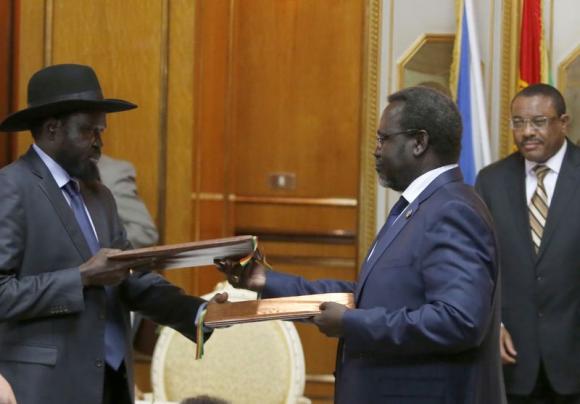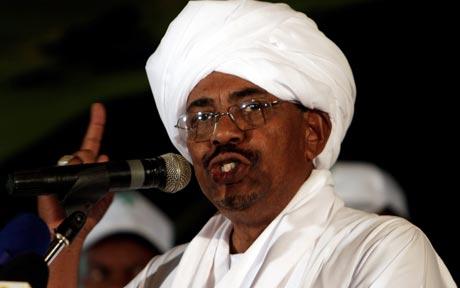Kenyan authorities on Friday deported 50 more illegal immigrants to Somalia, as security crackdown aimed at ridding the East African nation off criminal elements is intensified.
The aliens, who had been living in Kenya without valid documents, were deported after staying in custody for almost two weeks.
They were part of the more than 200 illegal aliens the Kenyan government planned to deport.
The Inspector General of Police, David Kimaiyo, confirmed the deportation, saying the security operations on illegal immigrants were ongoing.
Advertisement
“We are determined to deport them safely, we will deport more once they are caught,” Kimaiyo said.
He added that more than 400 people were repatriated to their designated refugee camps after they were found to have left there.
“The refugees include 406 Somalis, two Ethiopians, one Congolese, two Ugandans and one Sudanese.
Advertisement
“The government policy is that all illegal aliens must be deported to their countries of origin,” he said.
The aliens were arrested in the ongoing security operation in Nairobi alone, while 100 others were in custody.
More than 200 Ethiopians enter Kenya illegally every month through the vast porous boundary, which is largely unmanned.
On several occasions, illegal Ethiopian immigrants were discovered locked up in congested rooms in Nairobi and Mombasa, but the trade continued to thrive even as many were repatriated.
Advertisement
Report says the immigrants are said to be using Kenya as their transit route to other countries such as South Africa or other European countries.
The deportation came after Kenya ordered all refugees living in urban areas to return to their camps in a bid to end attacks by armed groups carried out in retaliation for Kenya’s intervention in neighbouring Somalia.
Kenyans were also asked to report any refugees or illegal immigrants outside the overcrowded camps, Dadaab in the east and Kakuma in the northwest to the police.
Kenyan security officials believed armed groups used the refugee camps as base to prepare attacks and then mingled with residents in urban areas to carry them out.
Advertisement
A majority of those found living in the country are Somalis, Ethiopians and Congolese, whose easy access in the country had been blamed on porous borders and corruption at the points of entry and exit respectively.
Advertisement
Add a comment






